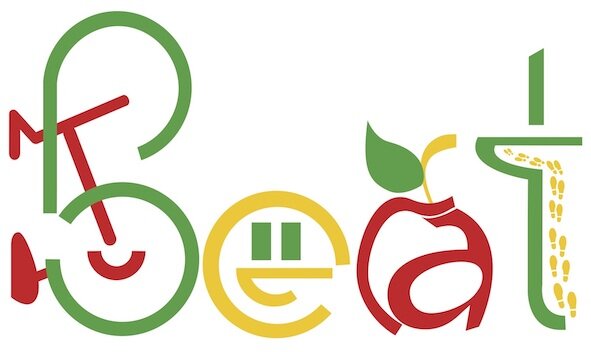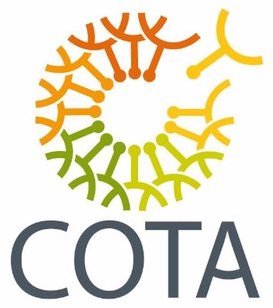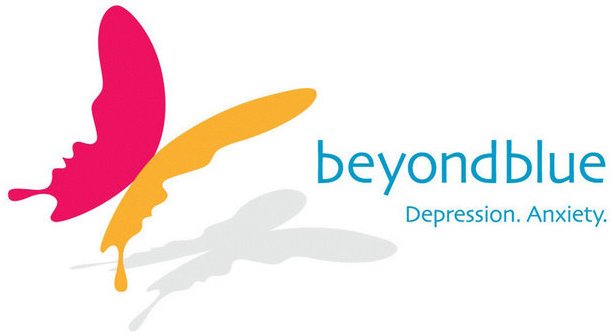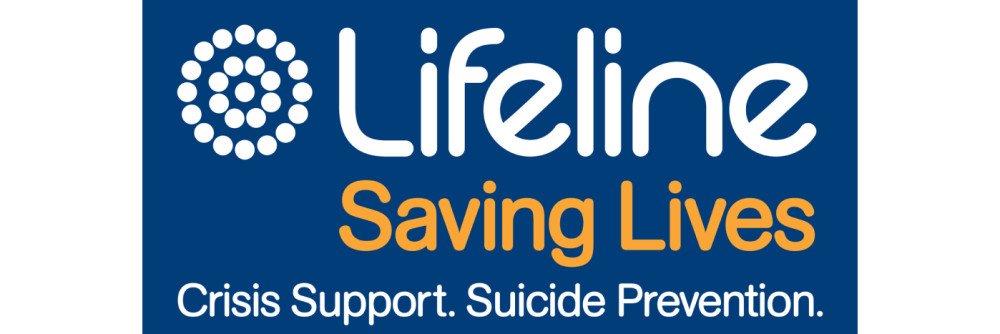Local & online social services
For many reasons, there are times when we need support. Different types of support. We may need them for a short time, we may need ongoing support for years. Whatever happens, there are places and people who exist to help others. Some of them are listed here.
Disability, Kids, Carers, Health, Mental Health, Domestic Abuse, LGBTIQA+
The Barossa Council offers a variety of community services.
Adelaide Hills - Disability Services (AHDS) is a registered NDIS provider and was founded in 2017. It is a sole trader business with services being provided by a Developmental Educator with over 25 years in the disability field. AHDS is committed to offering individualised, tailored services to cater for your needs to help participants successfully meet their goals.
The Mental Health & Alcohol and other Drugs (AOD) Program is an integrated approach to mental illness & AOD problems, usually called comorbidity or dual diagnosis. This free service provides psychological support to address both mental illness and drug and alcohol problems and care coordination to ensure your needs are addressed by the most appropriate services in the community. This program can support you by addressing the practical, physical, social and emotional issues that often accompany living with a mental illness and a drug & alcohol problem.
Kids Helpline
Kids Helpline is Australia’s only free, private and confidential 24/7 phone and online counselling service for young people aged 5 to 25. Since 1991, Australia’s kids and young people have been turning to our professional, specialised counsellors, no matter who they are, where they live or what they want to talk about. Over this time, we have responded to over 8 million contacts. For some young people, connecting with Kids Helpline has been a life-saving experience, while for others it’s about practical help and emotional support at the critical moment they need someone to listen.
The Mount Pleasant Carer group usually meets in the Library at 9.30am on the first Wednesday of each month. Phone Carer Connector Lee on 455 445 524.
Anyone, anytime can become a carer. Carers come from all walks of life. You can become a carer gradually, by helping out more and more over time, or suddenly after a health crisis or an accident. Caring may include physical and personal care and assistance such as dressing, lifting, showering, feeding, providing transport, attending appointments, management of medications or providing assistance in an emergency. Australia has over 2.7 million carers, 12% of the population. It is likely you are a carer, need a carer or know a carer. Carer Gateway is the national carer support model funded by the Commonwealth Government. Carers SA, along with our partners Dementia Australia, Skylight, Life Without Barriers and NPY Women’s Council, are the only organisations providing federally funded support services for carers in South Australia.
Aged Advocacy
Advocacy is defined as ‘the process of standing alongside an individual and speaking out on their behalf in a way that represents the best interests of that person’. An advocate will assist the consumer to achieve the best outcome for them. An advocate is someone who can listen to your concerns, give you information and speak up on your behalf if you want them to. They will work at your direction in a way that represents your expressed wishes. An advocate is confidential and will always seek your permission before taking action.
An advocate can:
provide you with information about your rights and responsibilities
support you in making decisions that affect your quality of life
discuss your options for taking action
support you to raise a concern with the service provider or us
support you at any stage throughout a complaint process.
COTA
COTA SA is creating new images and expectations of our older years... boldly reframing the way we age.
Our Vision: Ageing in Australia is a time of possibility, opportunity and influence.
Our Mission: We advance the rights, interests and futures of Australians as we age.
COTA SA is the peak body for 633,000 older people in South Australia. We provide a platform to ensure that older South Australians are part of decision-making by government and industry on everything from income and employment to housing and health.
SA Health - Country Mental Health Services
South Australians living in regional areas have access to a range of specialist mental health services in SA, including:
Acute inpatient mental health services
Community mental health services
Youth and older persons’ mental health services
Tele-psychiatry
Community rehabilitation
Beyond Blue
3 million Australians are living with anxiety or depression. Beyond Blue provides information and support to help everyone in Australia achieve their best possible mental health, whatever their age & wherever they live.
Lifeline - Crisis Support. Suicide Prevention
Lifeline is a national charity providing all Australians experiencing a personal crisis with access to 24 hour crisis support and suicide prevention services. We're committed to empowering Australians to be suicide-safe through connection, compassion and hope. Our vision is for an Australia free of suicide.
Domestic Abuse
The Mamamia organisation has partnered with Commonwealth Bank on a new campaign - Lighting the Way to the Next Chapter - which aims to empower the community to listen and believe victims of domestic and family violence, and be a part of paving a hopeful future.
"I'm so afraid, and I'm not sure what to do."
It takes an average of seven attempts for people - and in most cases, women - to leave a domestic abuse situation for good.
The reasons are deeply complex. They often involve emotional abuse, coercive control and intimidation. In many cases, the practicalities of leaving with children, with little money, or without a home to go to, can further complicate the situation.
After leaving, these issues can have a ripple effect on a person's life for years to come. From the emotional recovery to rebuilding a safe home to becoming financially independent, none of it has to be done alone.
As a community, we can do better. We can listen. We can believe. We can educate ourselves better on how to help domestic violence victim-survivors leave, survive, thrive and live fulfilling lives.
For the full article and list of contacts, please click on the link to the right of the page.
LGBTIQA+
An extensive list of contact services for LGBTIQA+ people.












